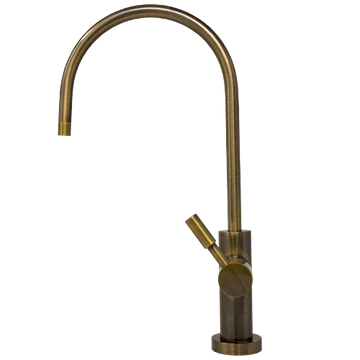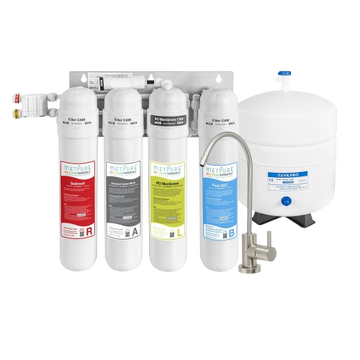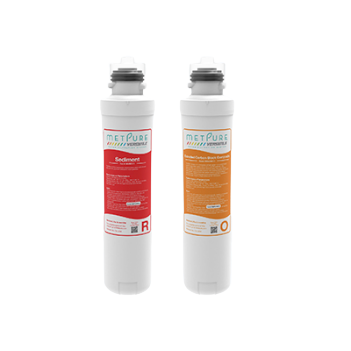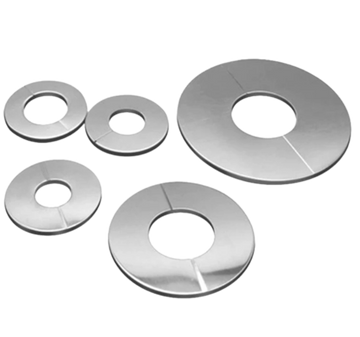One of the most critical factors to consider when investing in a water filtration system is its lifespan. Understanding its lifespan helps you maximize your investment. It ensures your household or business continues enjoying clean, safe, and great-tasting water for years. This guide will explore how long water filtration systems typically last, factors influencing their durability, and tips for extending their lifespan.
How Long Does a Water Filtration System Last?
The lifespan of a water filtration system varies depending on the type of system, its quality, and how well it’s maintained. Here’s a general breakdown:
Whole-house water Filtration Systems: These systems typically last 10–15 years, and filter replacements are needed every 6–12 months.
Under-Sink Water Filters: These systems can last 5–10 years, with cartridges requiring replacement every 6–12 months.
Reverse Osmosis (RO) Systems: RO systems have a lifespan of 10–15 years, but their membranes and filters need replacement every 6–24 months.
Countertop or Pitcher Filters: These are shorter-lived, lasting 2–6 months before requiring replacement.
While these are general estimates, the actual lifespan of your water filtration system depends on several factors. Read more for water filtration maintenance guide
Factors That Affect the Lifespan of a Water Filtration System
Water Quality: If water contains high contaminants like sediment, chlorine, or heavy metals, your system may wear out faster due to increased strain.
Usage Frequency: The more water you filter, the quicker the system’s components degrade. Larger households or commercial setups may experience shorter lifespans.
Maintenance: Regular maintenance, such as replacing filters and cleaning system components, is crucial to extending the lifespan of your water filtration system.
System Quality: High-quality systems from durable materials last longer than cheaper, low-quality alternatives.
Installation: Proper installation by a professional ensures the system operates efficiently and avoids premature wear and tear.
Tips to Maximize the Lifespan of Your Water Filtration System
Replace Filters on Time: Clogged or expired filters can strain the system, reducing efficiency and lifespan. Follow the manufacturer’s recommendations for replacement intervals.
Schedule Regular Maintenance: Inspect your system periodically for leaks, cracks, or other issues. Professional servicing can help identify and resolve problems early.
Monitor Water Quality: Regularly test your water to ensure the system effectively removes contaminants. If water quality declines, it may be time to replace filters or upgrade the system.
Protect the System from Extreme Conditions: Install your filtration system in a safe location from extreme temperatures, humidity, or physical damage.
Choose the Right System for Your Needs: Select a water filtration system that matches your water usage and contaminant levels. Oversized or undersized systems may wear out faster.
When Should You Replace Your Water Filtration System?
Even with proper care, every water filtration system has a finite lifespan. Here are some signs it’s time for a replacement:
Reduced Water Pressure: This could indicate clogged filters or a failing system.
Changes in Water Taste or Odor: The system may be ineffective if your water starts tasting or smelling off.
Frequent Repairs: Replacing the system may be more cost-effective if you’re constantly fixing leaks or other issues.
Age of the System: If your system is nearing or has exceeded its expected lifespan, consider upgrading to a newer model.
Conclusion
The lifespan of a water filtration system is a key factor in ensuring you get the most out of your investment. By understanding how long your system should last, recognising the factors that affect its durability, and following best practices for maintenance, you can enjoy clean, safe water for years to come. Remember, regular care and timely replacements are the secrets to maximising the lifespan of your water filtration system.
Investing in a high-quality system and staying proactive about its upkeep will save you money in the long run and provide peace of mind, knowing your water is consistently pure and healthy.














